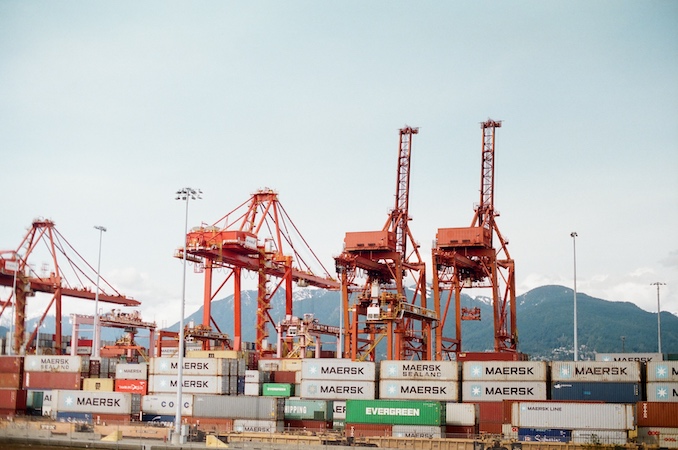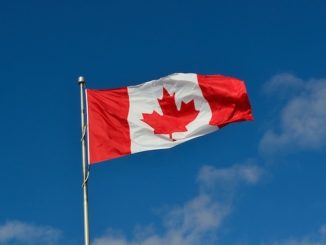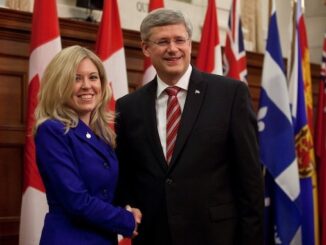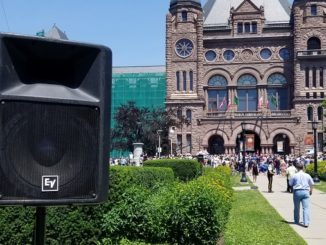First off, free trade is an incorrect term for USMCA, and it’s not a “free trade” agreement. It never really was a true free trade zone. It creates a more honest trade, or the mechanism for honest trade in North America. It is a political document that creates a managed market, with a few more freedoms to facilitate trade.

A few thoughts about USMCA before the ratification sabre-rattling begins:
- Getting rid of Chapter 11 is huge – Chapter 11 is a dispute resolution system that allows companies to sue governments, it has cost Canadian taxpayers $314 million when unrecoverable legal fees are added to $219 million in awards and settlements under Chapter 11, also known as the investor-state dispute settlement (ISDS) system. On the flip side, keeping the dispute resolution mechanisms of Chapter 19 and Chapter 20 are vitally important to the Canadian economy. So, to recap – There are three main types of NAFTA disputes, set out in separate chapters: Chapter 11 is litigation over the treatment of foreign investment, Chapter 19 are for appeals of anti-dumping/countervailing duty decisions (see Softwood Lumber Dispute), and Chapter 20 is government complaints about compliance with NAFTA obligations. Chapter 11 is bad for Canada, and Chapter 19 and 20 are good.
- Getting rid of the name NAFTA was a key American negotiating point. That seems funny to me.
- Tariff protection for our auto sector is key. Yes, tariff protection is capped at 2.6 million units, but understand that that 2.6 million unit number represents current export levels plus growth of at least 40 per cent. Also, there is no guarantee that the US will impose tariffs if the 2.6 million unit is exceeded. It is merely the starting point for that negotiation.
- Increasing the de minimis threshold (DMT) which is the ceiling for imports, below which no tax or duty is charged and the clearance procedure into the country is minimal – is $20. It is now being increased to $150, which will make cross-border shopping – and especially online shopping cheaper.
- No sunset clause. Big win for Canada’s negotiating team.
For all the negativity thrown at the Trudeau government, and especially focused on former Minister of Foreign Affairs, Chrystia Freeland – this is huge deal. It legitimizes the economic acumen of the Trudeau government and shows that the positive approach offered by Justin Trudeau was able to help the negotiation team overcome many obstacles, including those thrown up by the President of the United States himself.
No deal is perfect, and yes the opposition and certain industry groups will find issues to criticize the government with, but it gives our economy some stability and the conditions in which the Canadian economy can continue growing. Yes USMCA is a flawed document, there is no better deal available with an increasingly isolationist US Government who have already ratified this agreement – and I do not trust Donald Trump at the best of times if we are forced to renegotiate the deal.
This is an incredibly popular deal, and will be hard for the Conservative Party of Canada and the NDP to defeat in the House of Commons. I am sure the Liberals would be more than happy to fight an election on this issue.
Sometimes we have to take our victories where we can, however small or big.



